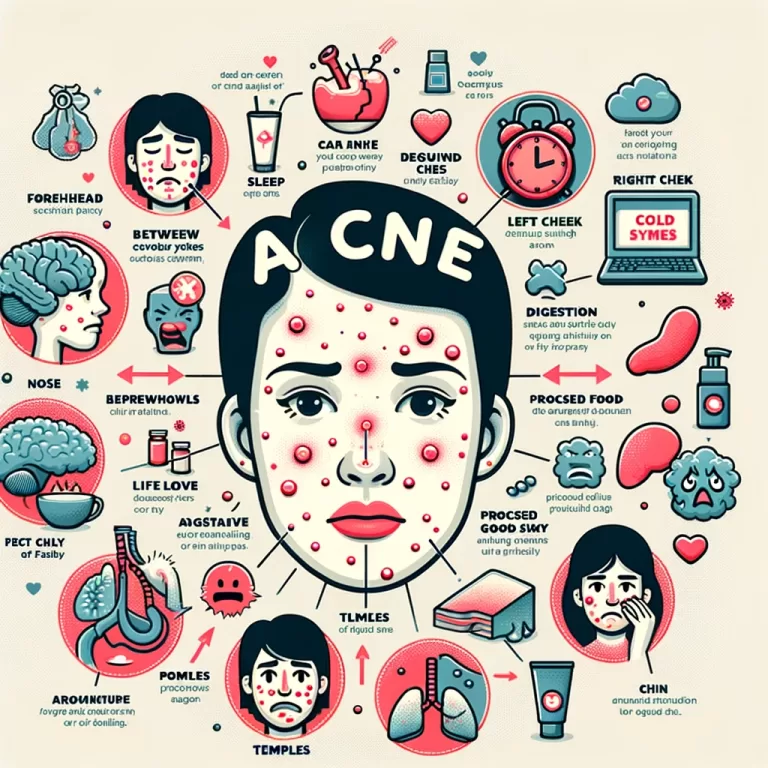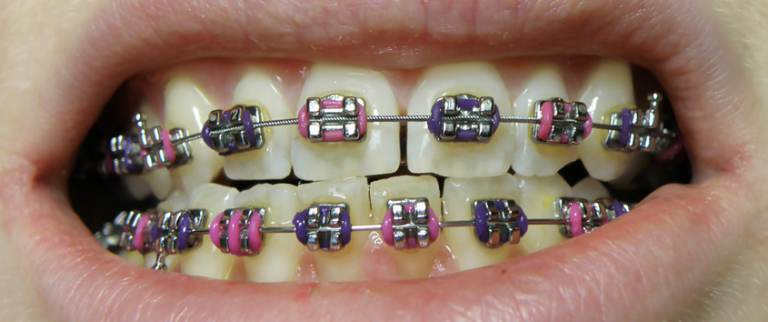How to Cure Gum Disease Without a Dentist: Natural Remedies and Self-Care Tips
Gum disease, also known as periodontal disease, can range from mild gingivitis to more severe forms, like periodontitis. While it’s always best to see a dentist for severe cases, some people seek ways to manage and improve gum health at home. If you’re wondering how to cure gum disease without a dentist, there are natural methods that may help alleviate symptoms and even promote healing. However, it’s important to note that professional dental care is crucial if symptoms persist or worsen.

What Is Gum Disease?
Before diving into home remedies, it’s important to understand what gum disease is. Gum disease is caused by a buildup of plaque, a sticky film of bacteria that accumulates on the teeth. When plaque isn’t properly removed through regular brushing and flossing, it can harden into tartar and lead to inflammation and infection of the gums.
Common symptoms of gum disease include:
- Red, swollen gums
- Bleeding while brushing or flossing
- Bad breath
- Receding gums
- Loose teeth (in advanced stages)
Natural Remedies for Gum Disease
- Practice Good Oral Hygiene
The foundation of gum disease prevention and treatment starts with consistent oral hygiene. If you’re looking to manage gum disease at home, it’s essential to follow these steps:- Brush your teeth twice a day using a soft-bristled toothbrush to avoid irritating the gums.
- Floss daily to remove plaque between the teeth and along the gumline.
- Consider using a natural toothpaste with antibacterial properties, like those containing tea tree oil or coconut oil.
- Saltwater Rinse
A saltwater rinse is a simple, effective way to reduce inflammation and kill bacteria in the mouth.- Mix 1/2 teaspoon of salt in a cup of warm water.
- Swish the solution in your mouth for 30 seconds and spit it out.
- Repeat this 2-3 times a day to help reduce swelling and fight bacteria.
- Hydrogen Peroxide Rinse
Hydrogen peroxide is another option to kill bacteria and reduce inflammation. It’s especially useful for treating gum infections.- Mix equal parts 3% hydrogen peroxide and water.
- Swish the mixture in your mouth for 30 seconds, then spit it out.
- Do this a few times a week to improve gum health.
- Oil Pulling
Oil pulling is an ancient practice that involves swishing oil in the mouth to reduce bacteria and promote oral health. Coconut oil, in particular, contains anti-inflammatory and antimicrobial properties.- Swish 1 tablespoon of coconut oil in your mouth for 15-20 minutes.
- Spit it out and rinse your mouth with water.
- Follow this daily for best results.
- Aloe Vera Gel
Aloe vera has natural antibacterial and anti-inflammatory properties, making it useful for soothing gum inflammation.- Apply pure aloe vera gel directly to the gums after brushing.
- Leave it on for a few minutes before rinsing with water.
- Repeat this 2-3 times a day to help reduce gum inflammation.
- Tea Tree Oil
Tea tree oil is known for its powerful antibacterial properties, making it an effective remedy for fighting gum disease bacteria.- Add a drop of tea tree oil to your toothpaste before brushing.
- Alternatively, dilute a few drops in water and use it as a mouthwash.
- Be cautious as tea tree oil is potent; avoid swallowing it.
- Turmeric Paste
Turmeric contains curcumin, which has anti-inflammatory and antibacterial effects. It can be applied to the gums to help reduce inflammation and plaque buildup.- Mix 1 teaspoon of turmeric powder with a little water to form a paste.
- Apply the paste to your gums and leave it on for 10 minutes.
- Rinse thoroughly with water.
- Use this treatment once or twice a day.
Dietary Changes to Support Gum Health
A nutritious diet plays an important role in gum health. Here are some dietary tips to help support the healing of gum disease naturally:
- Increase Vitamin C Intake: Foods rich in vitamin C, such as oranges, strawberries, and bell peppers, help strengthen the immune system and combat inflammation.
- Eat Foods Rich in Calcium: Calcium helps maintain strong teeth and gums. Include dairy products, leafy greens, and almonds in your diet.
- Drink Green Tea: Green tea contains antioxidants that may help reduce inflammation and lower the risk of developing gum disease.
- Avoid Sugary and Processed Foods: Sugary foods promote plaque growth, which can worsen gum disease. Limit sugary snacks and drinks to keep your gums healthy.
Habits to Avoid
Some habits can contribute to worsening gum disease. Here are things to avoid when trying to manage your gum health naturally:
- Smoking: Tobacco use weakens the immune system and reduces the body’s ability to fight off infections, including gum disease.
- Excessive Alcohol Consumption: Alcohol can dry out the mouth and promote bacterial growth, leading to gum problems.
- Ignoring Signs of Gum Disease: While home remedies can be helpful, it’s important not to ignore persistent symptoms. If your gums continue to bleed, swell, or recede, consult a dentist.
Conclusion
While these natural remedies and lifestyle changes can help manage gum disease, it’s important to monitor your symptoms carefully. In its early stages, gum disease can be controlled with proper hygiene and at-home care, but advanced forms of periodontal disease may require professional intervention. Always keep in mind that severe gum disease should be treated by a dental professional to avoid complications like tooth loss or infection.
By incorporating good oral hygiene, natural remedies like saltwater rinses, and dietary adjustments, you can take steps to improve your gum health at home. However, if symptoms persist, seeking professional help is crucial for maintaining long-term oral health.





